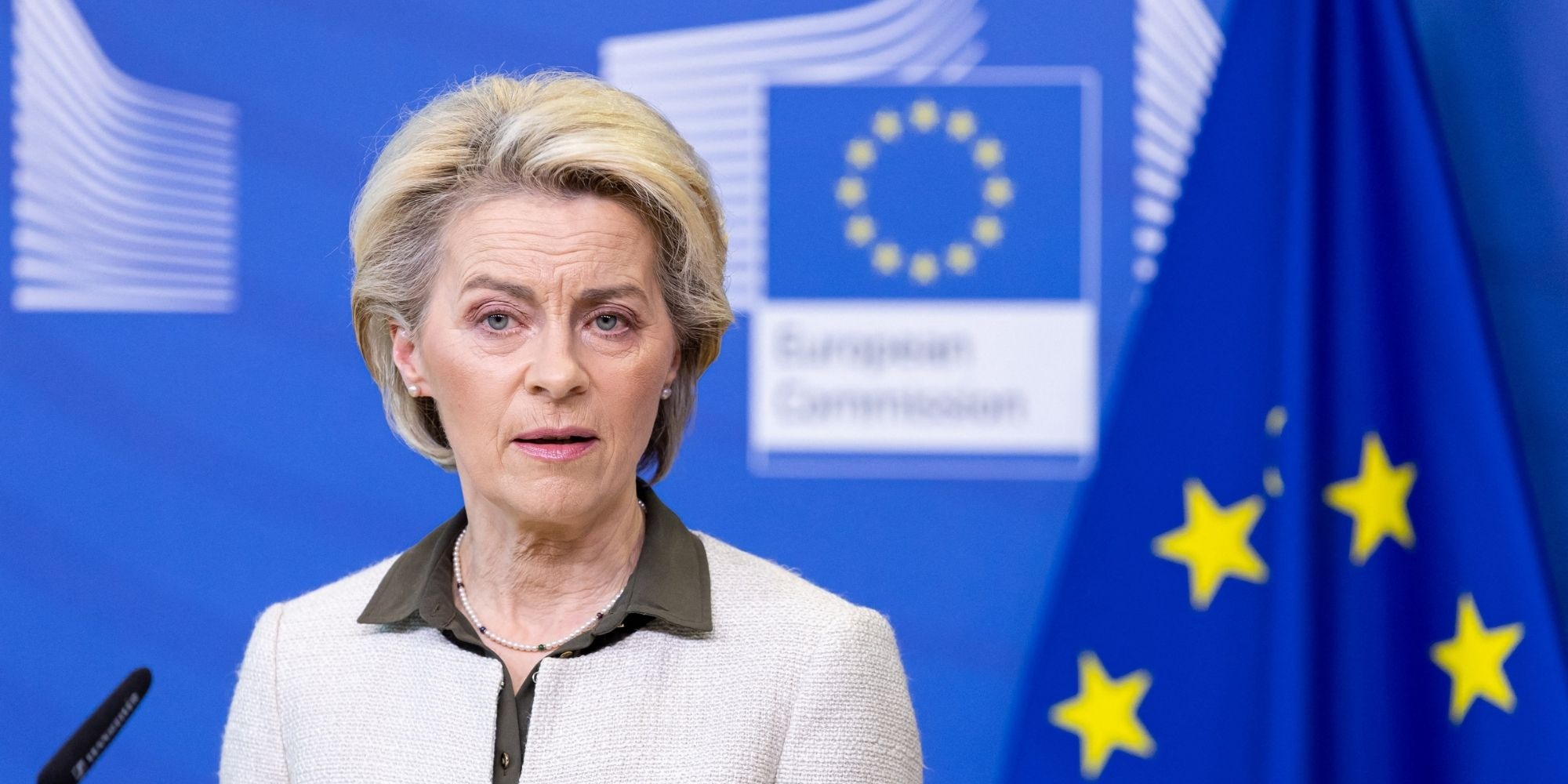Louis de Raguenel 6:17 a.m., April 29, 2022, modified at 6:17 a.m., April 29, 2022
European energy ministers will meet next Monday in an "extraordinary session" to discuss a coordinated response.
After the suspension of all its deliveries of Russian gas to Bulgaria and Poland, these two member countries of NATO and the European Union had not made payment in rubles, as Vladimir Putin has demanded since March.
ANALYSIS
Bulgaria and Poland are now supplied with gas by their neighbors in the European Union, after the main Russian gas supplier Gazprom suspended deliveries to them.
European energy ministers will therefore meet next Monday in an "extraordinary session" to discuss a coordinated response.
In fact, some European countries continue to obtain supplies of Russian gas by paying indirectly in roubles, notably via Gazprombank.
Which does not at all please the President of the European Commission, Ursula von der Leyen.
Practices which she considers as "violations of the sanctions".
>> Find Europe Matin in replay and podcast here
Consistency and firmness towards Russia
The subject is very political, because the European Union wants to display both its consistency and its firmness vis-à-vis Russia.
A unit that therefore tolerates no exceptions.
It is also an additional challenge, since completely depriving ourselves of Russian gas has a cost for most European countries.
Just for France, yet only 17% dependent, the cost would be between 70 and 150 euros per household.
Towards a "whatever the cost European"?
A matter of domestic politics as well.
It would be complicated for Emmanuel Macron, who has set up checks to offset the rise in the cost of energy, to announce a rise in the price of gas to the French, due to the war in Ukraine.
This is why today several countries of the Union are pleading for the establishment of a European "whatever the cost", allowing these increases to be absorbed and which would require a unanimous agreement. of the Twenty-Seven.

